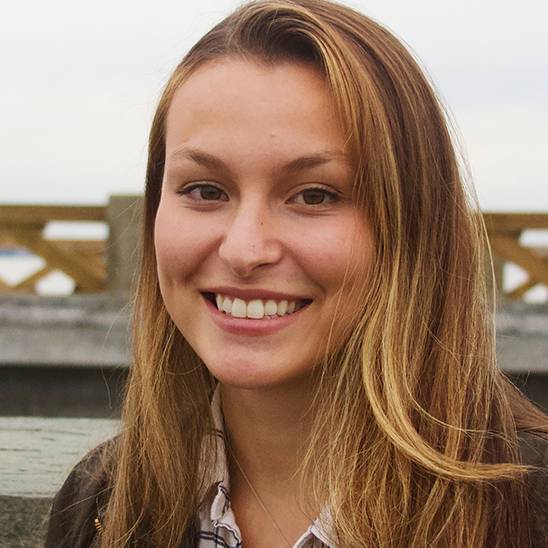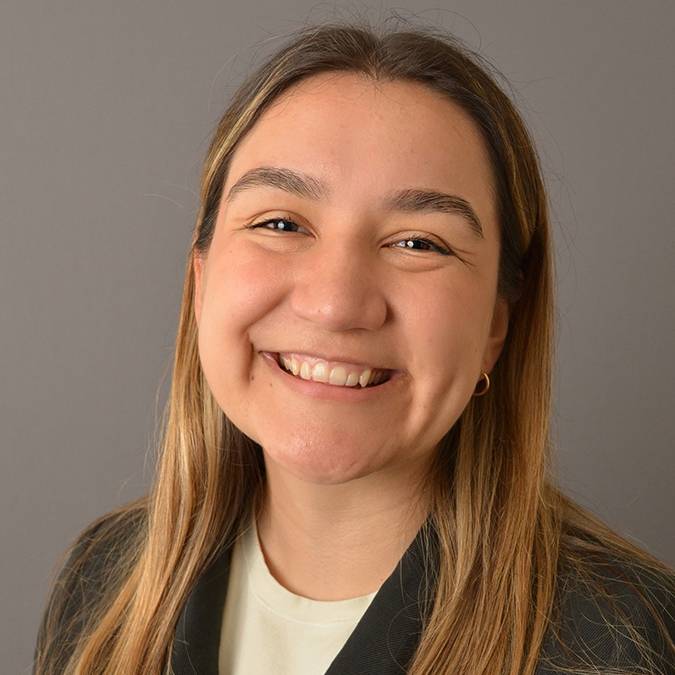Julie Cooper | April 19, 2022
Three current Texas State University graduate students, one undergraduate, and two alumni have received the 2022 National Science Foundation Graduate Research Fellowships (NSF GRFP), which are awarded to graduate students in science, technology, engineering, and mathematics.
Isabella “Issy” Changsut, Micah Swartz, and Natalie Villafranca were among the 2,193 students selected. The NSF fellowship provides three years of support, including a $34,000 annual stipend and a cost-of-education allowance of $12,000. The fellowships support graduate study, but students may apply as undergraduate seniors or as either first- or second-year graduate students.
“Our students continue to be successful in the NSF GRFP competition due to their outstanding academic preparation, the exceptional research experiences available to them at Texas State, the superb mentorship they receive from the faculty — some of whom were themselves Fellows or are NSF CAREER awardees — and the fellowship advising services The Graduate College offers. Fellows contribute to the diversity of the U.S. STEM workforce and enhance our reputation as an aspiring R1 university,” said Dr. Andrea Hilkovitz, external funding coordinator for The Graduate College.
The Texas State students are being advised by Dr. Lauren Fuess, Dr. Ryan Peterson, and Dr. Alejandra Sorto.

Changsut is a second-year master’s student in biology. “The focus of our research lab here at Texas State is on the interplay between immunity and symbiosis. My research in particular, focuses on this relationship and the way in which symbiotic relationships are governed by the host immune system in coral. I study the stony coral, Astrangia poculata. It is commonly known as the Northern Star Coral and has an extensive range — from as far north as Cape Cod, Massachusetts, to the northern coast of South America.
“In the work that I proposed to NSF in my GRFP application, I will expose our model species of coral, Astrangia poculata, to sublethal or heat-killed doses of a coral pathogen. I will then re-expose these colonies of coral to a lethal dose of the pathogen to investigate if a ‘pseudo-vaccine’ would work in corals. If successful it will potentially provide a new treatment method to treating corals that are susceptible to disease,” Changsut said.

Swartz, a second-year doctoral student in mathematics education, is the first recipient from the Department of Mathematics. “My research will look to see how blended learning environments may be impacting students' identity and motivation to learn mathematics,” Swartz said. “Technology is growing at a crazy rate and the classrooms are no exception to this infuse of technology. Many classrooms have started utilizing software and technology to offer blended learning programs that aim to give students a more personalized and individual learning experience.
“I want to look at how blended learning programs, specifically in math, may be impacting the ways in which students form their identity or how they view themselves as learners and doers of mathematics,” he said.
Villafranca is a first-year graduate student in biology. “My research seeks to understand eco immunological trade-offs involved in immunity. Specifically, I am characterizing whether or not there are trade-offs between immunity, reproduction, and symbiosis,” she said.
Christopher McDonald, a senior in biochemistry, also received a fellowship. They plan to attend Johns Hopkins University where they will be a student in the chemistry-biology interface Ph.D. program.


Two Texas State alumni were also named NSF GRFP recipients for 2022. Anthony Saucedo (B.S.’20) graduated with a major in chemistry and minor in physics and is currently at the University of Michigan. Sarah Voss (B.S. ’20) who graduated with a major in biochemistry and minor in mathematics is attending Johns Hopkins University.
Share this article
For more information, contact University Communications:Jayme Blaschke, 512-245-2555 Sandy Pantlik, 512-245-2922 |
